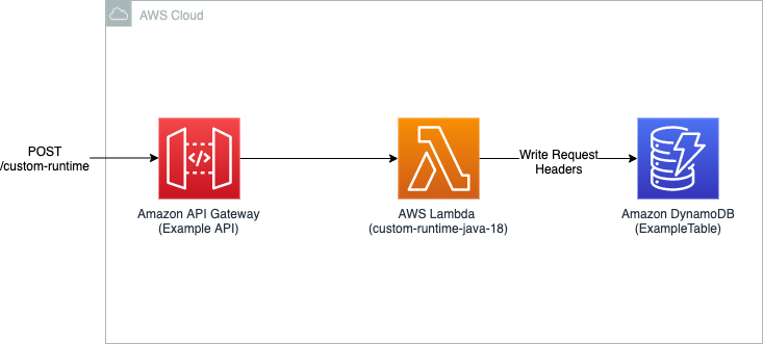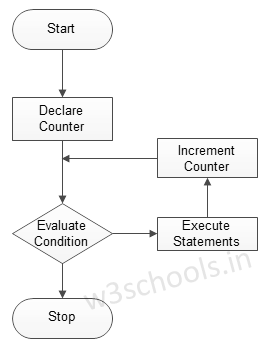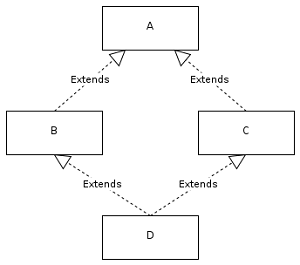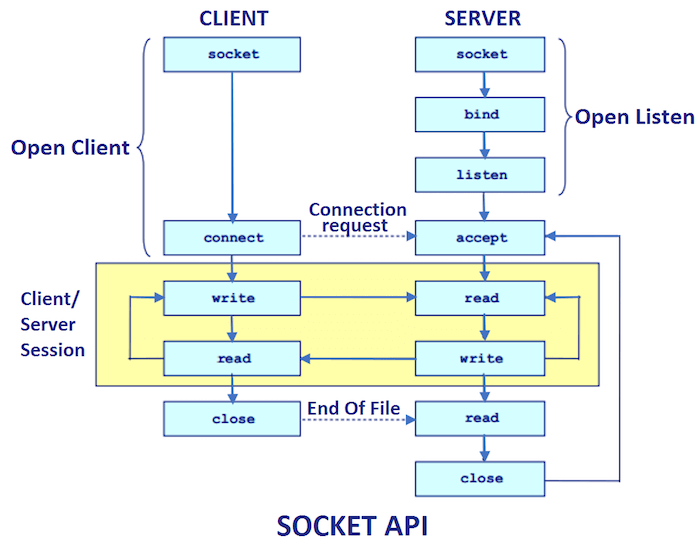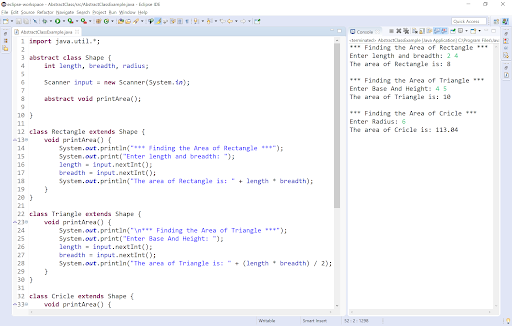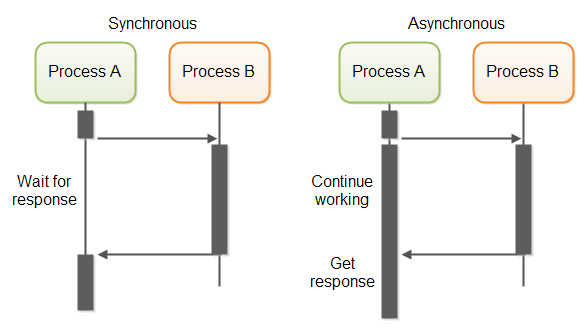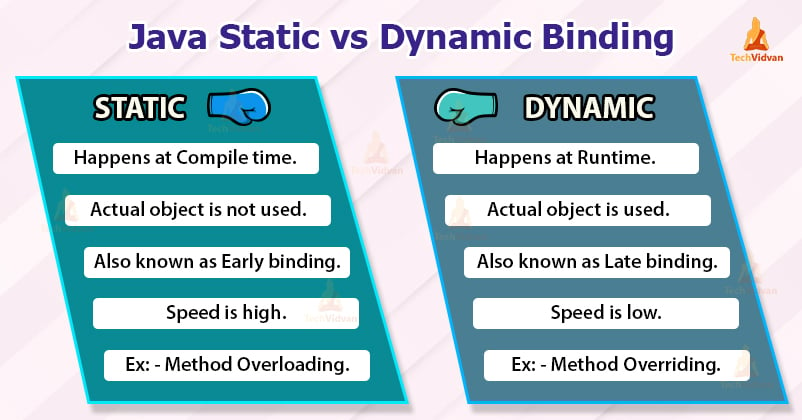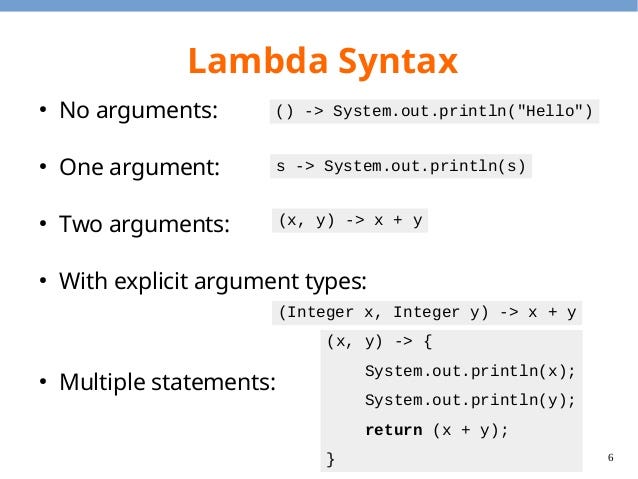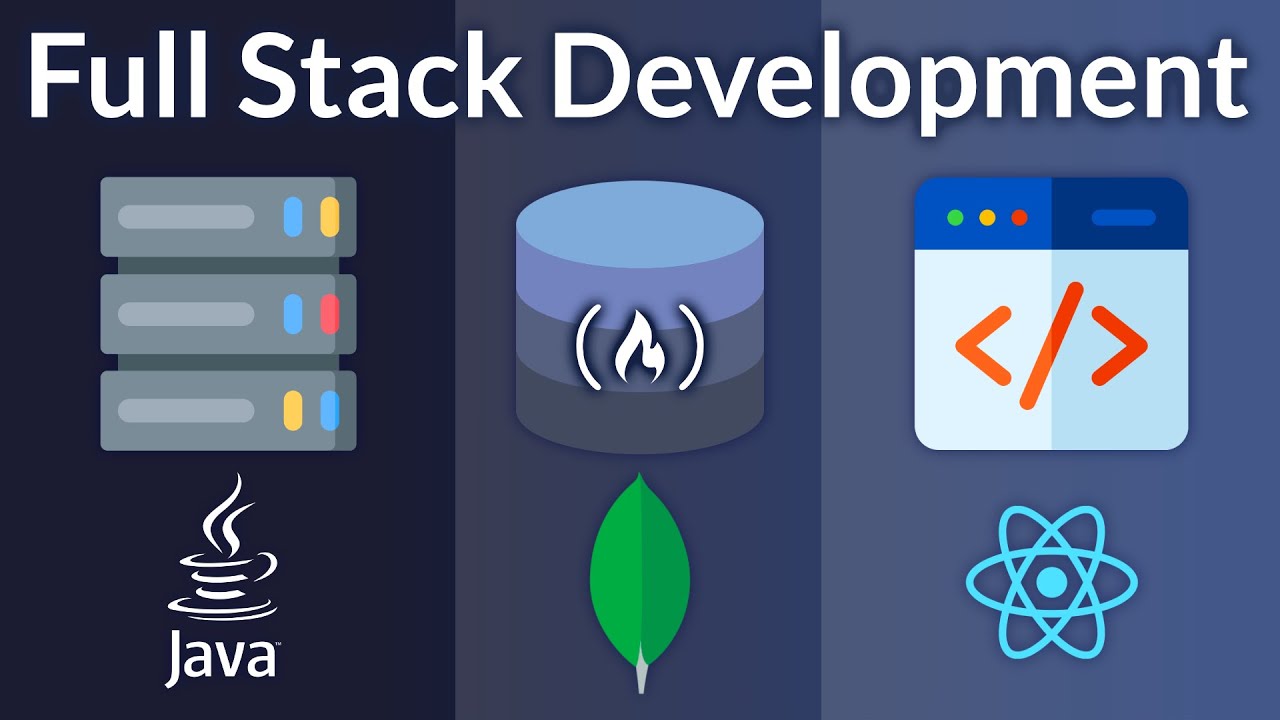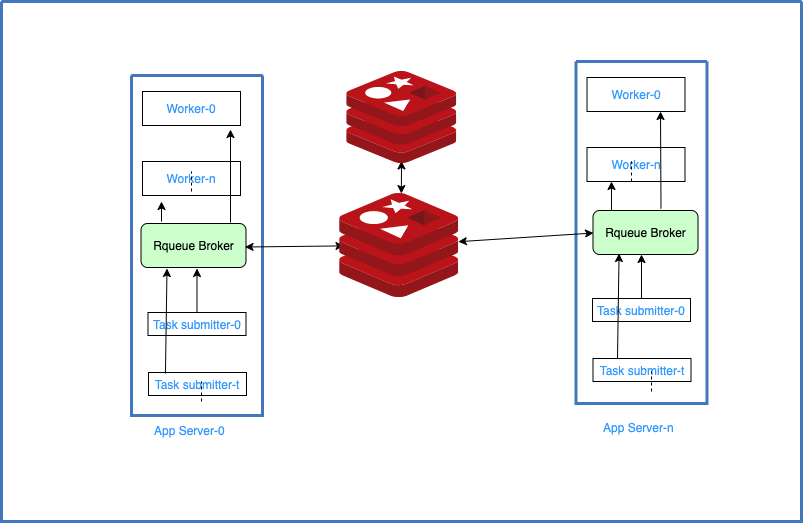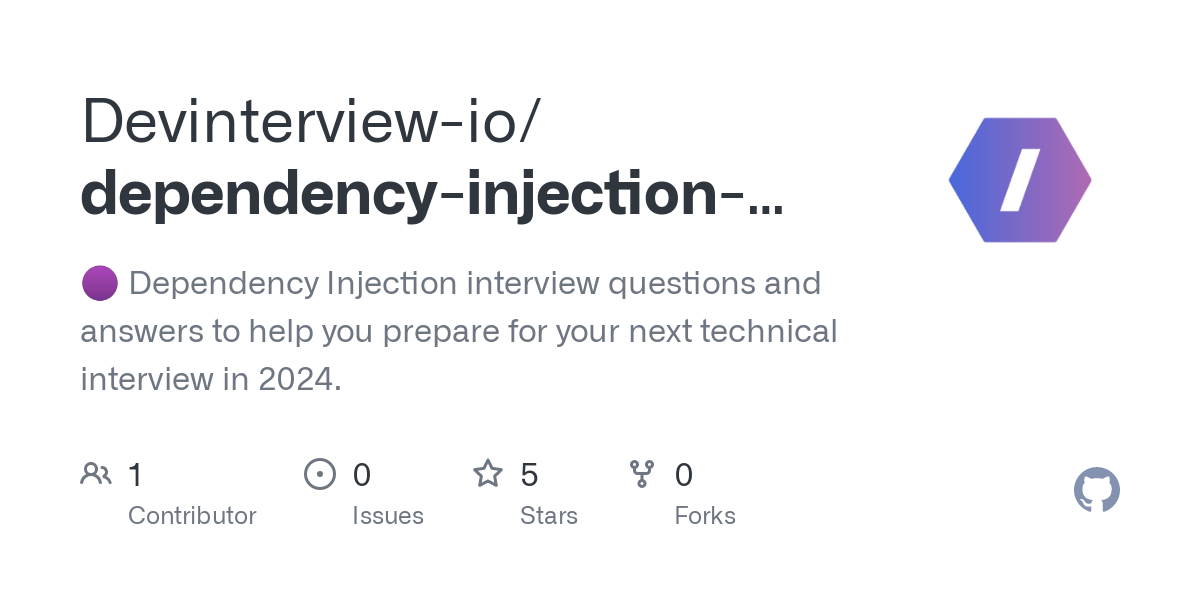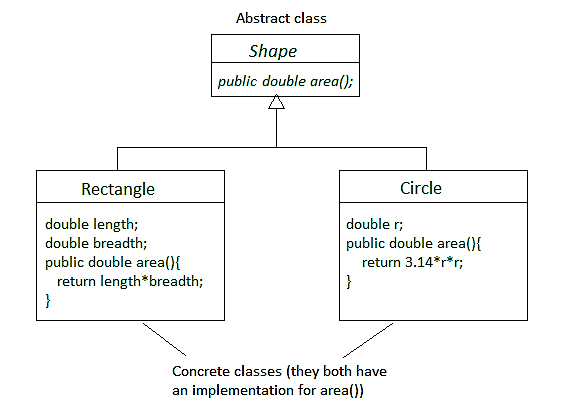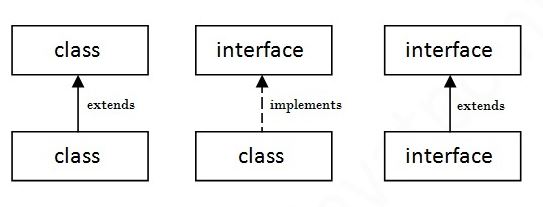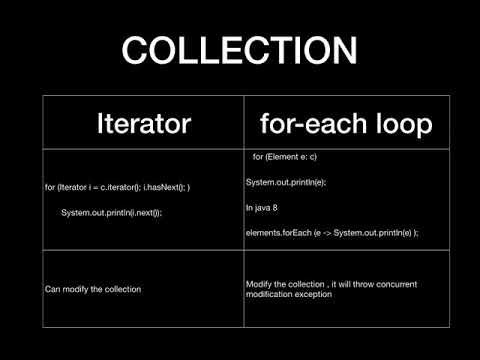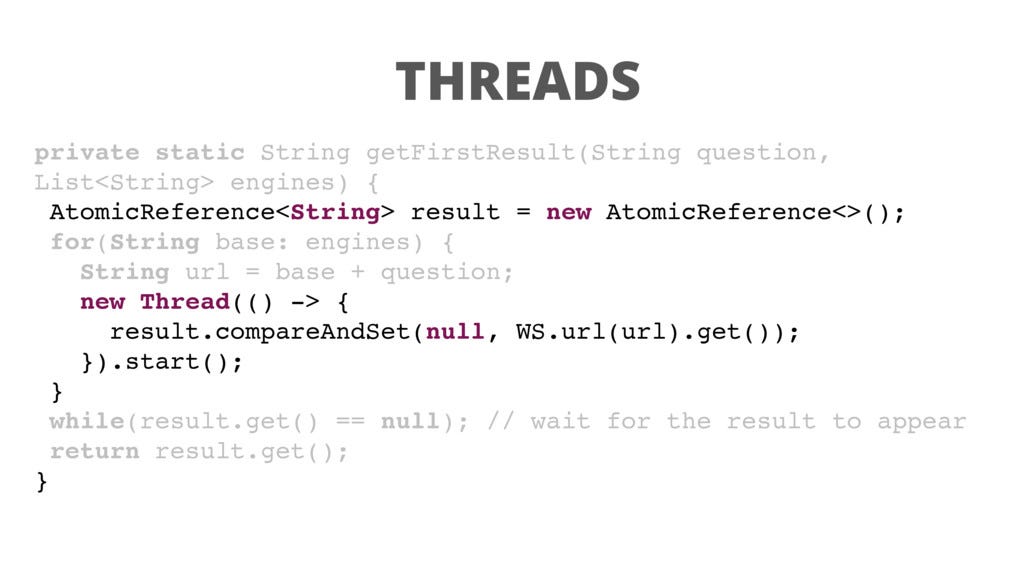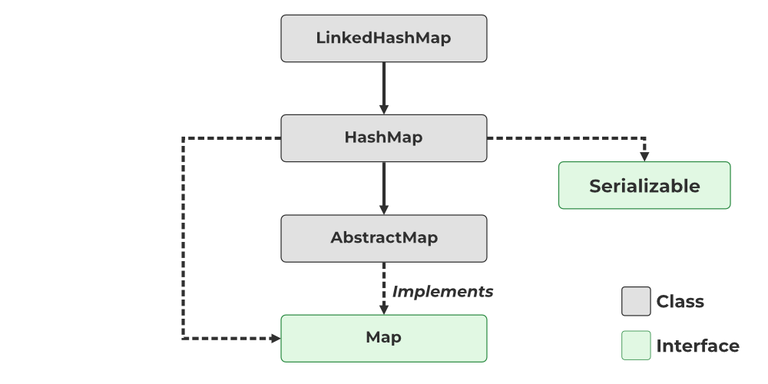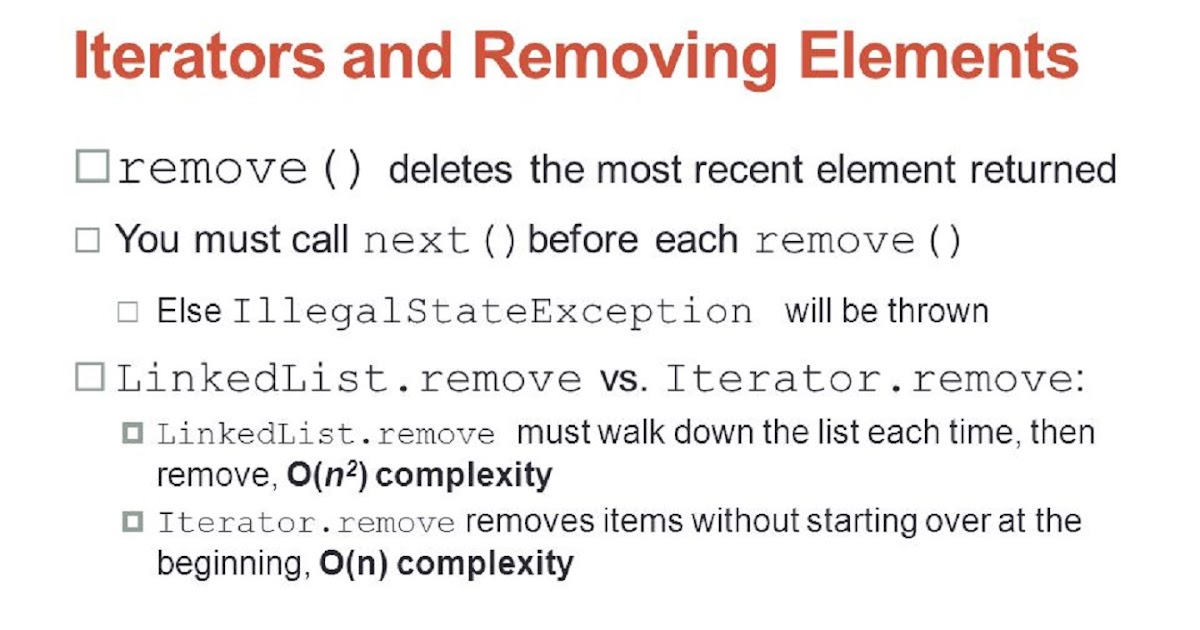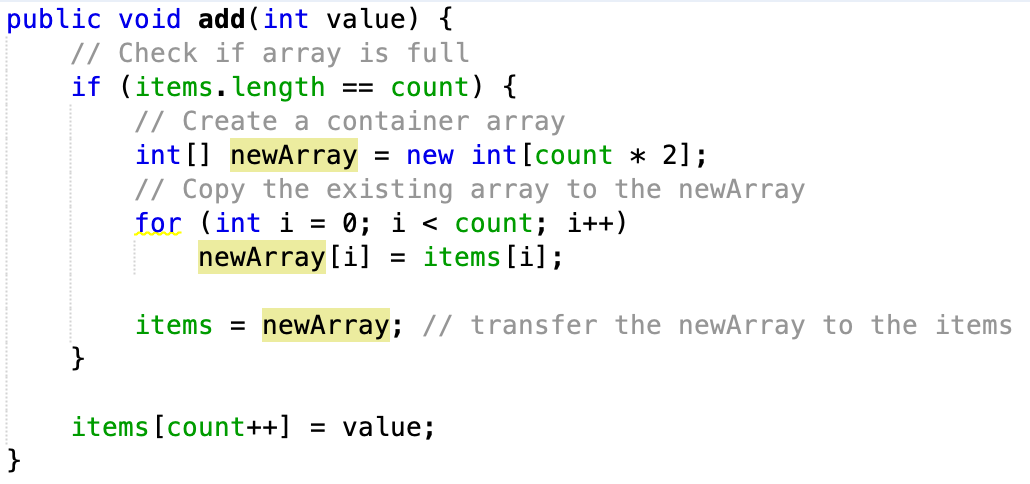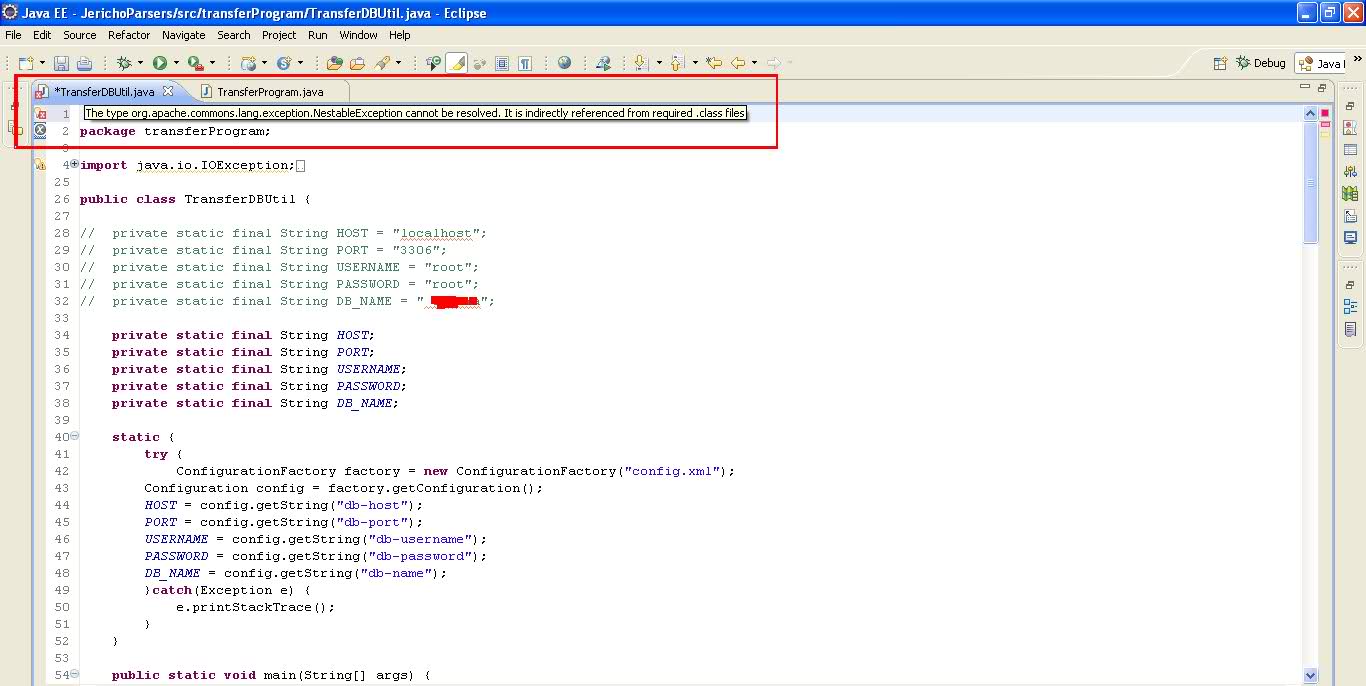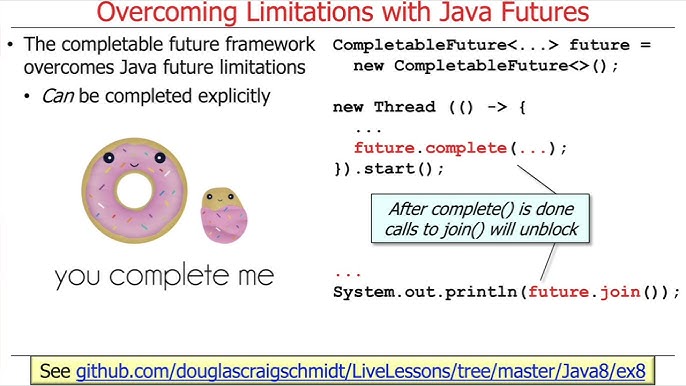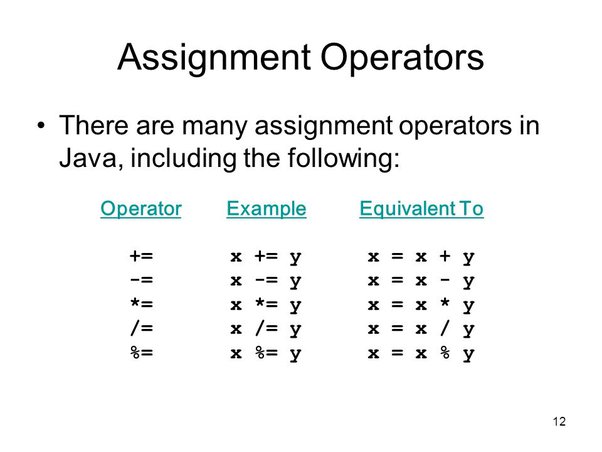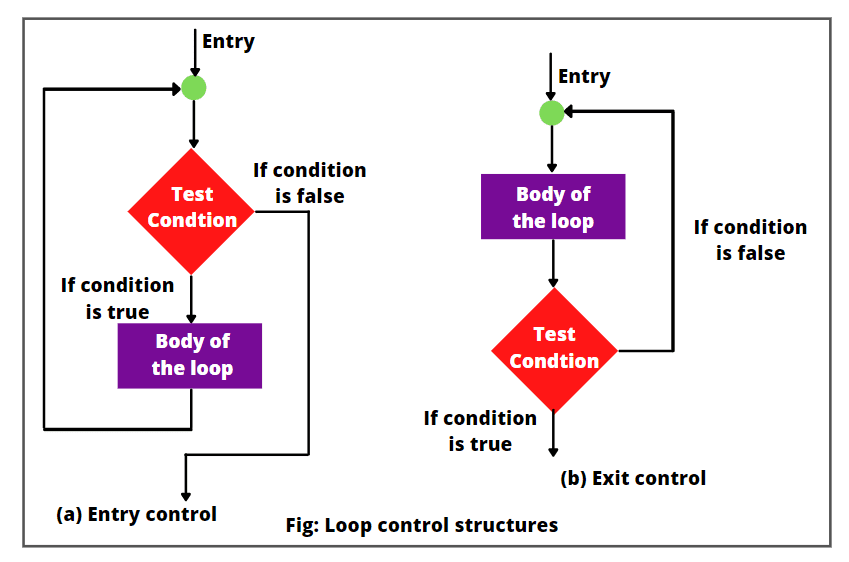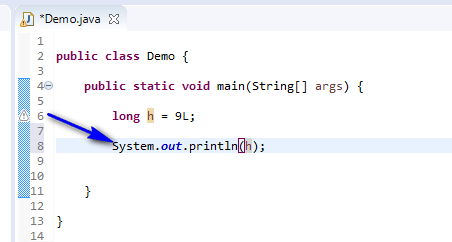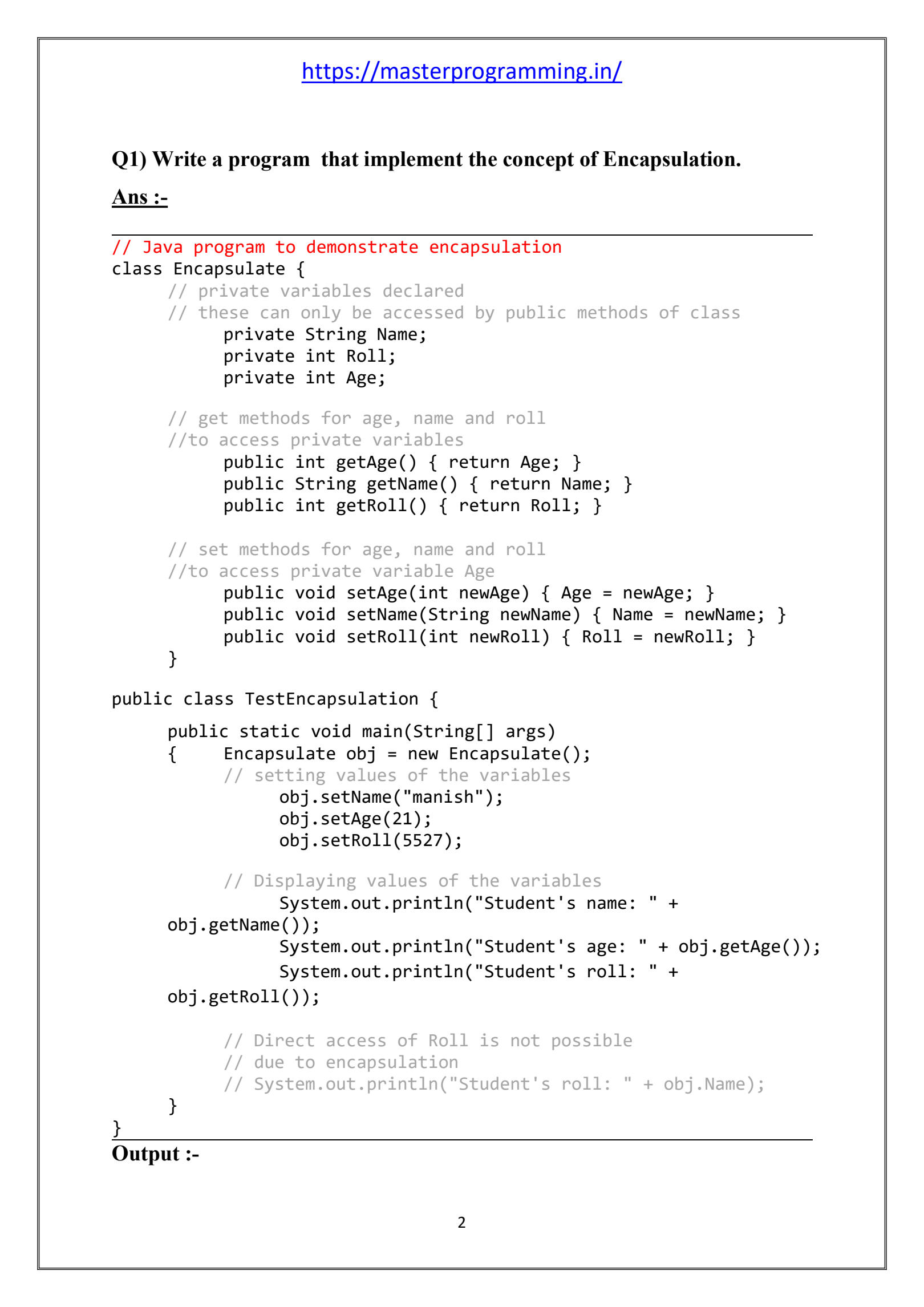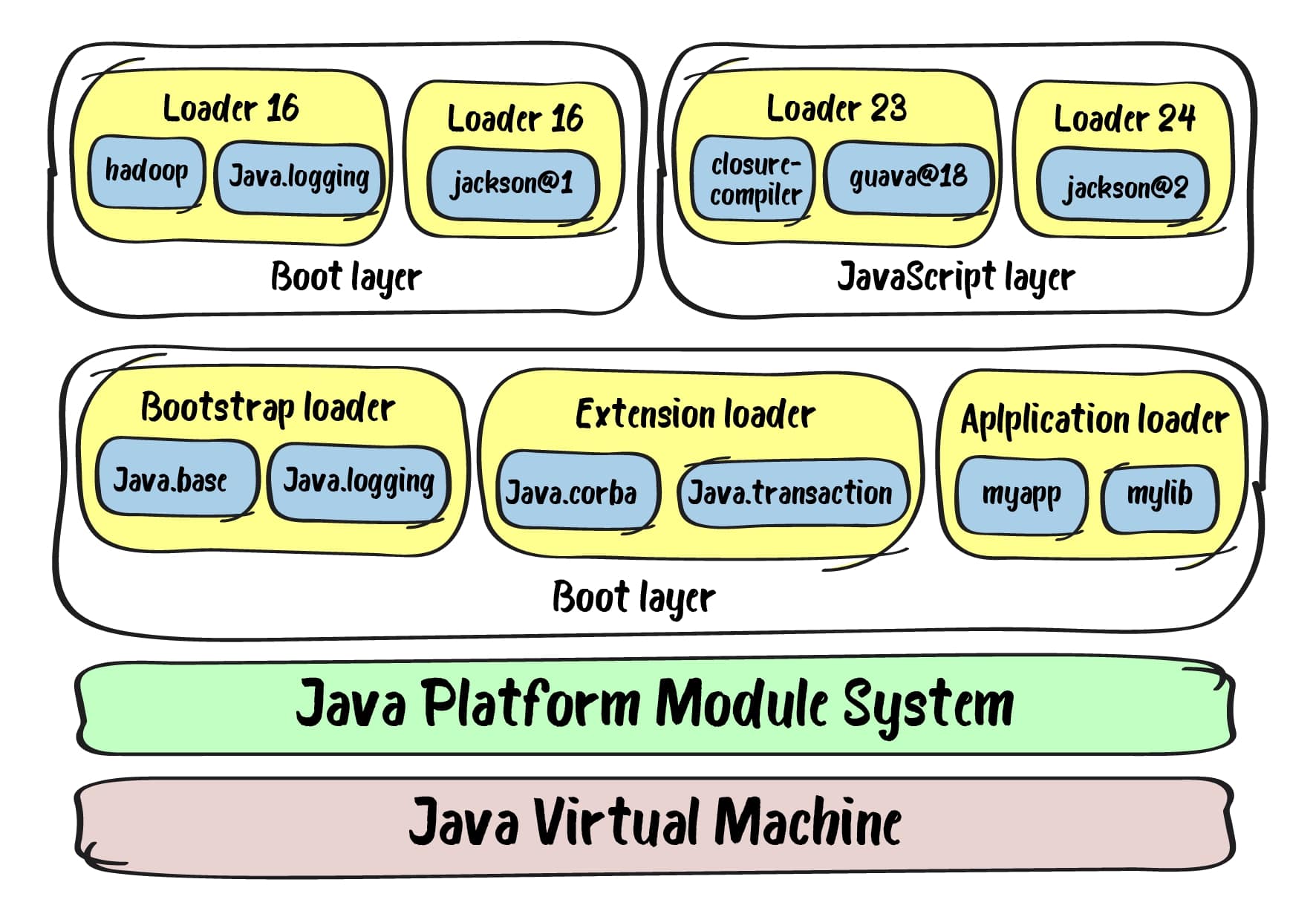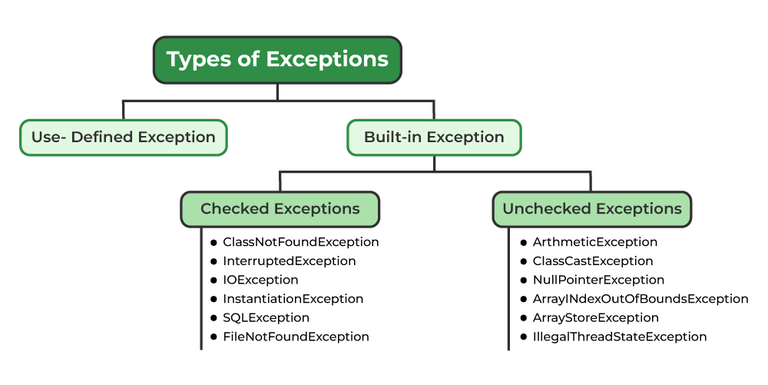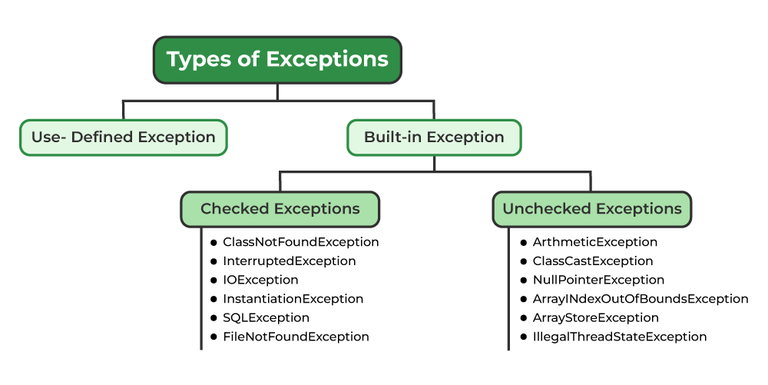How to call a method in java using object from another
How to call a method in java using object from another
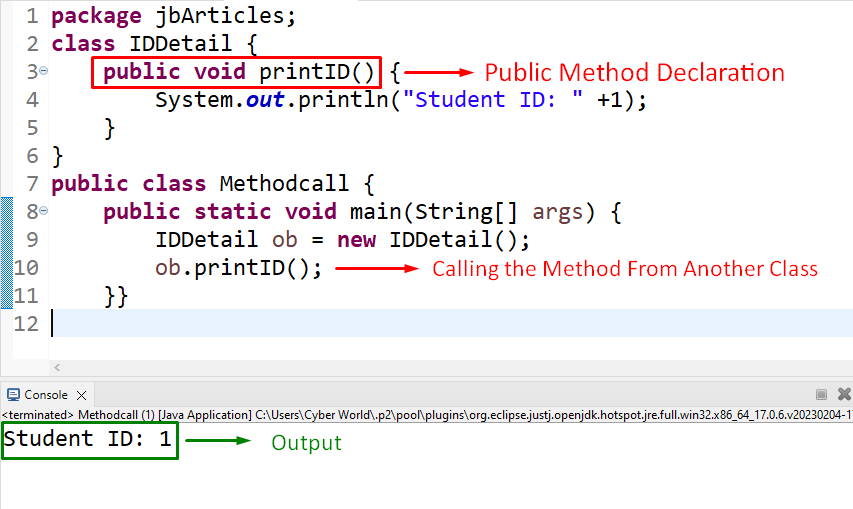
I'd be happy to help you with that.
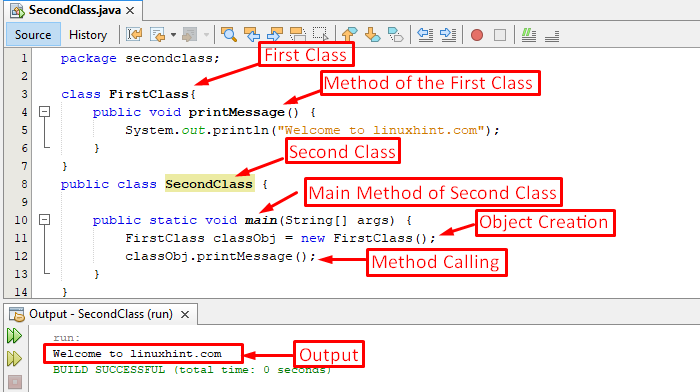
To call a method from one Java class in another, you need to follow these steps:
Access Modifiers: The class or object that contains the method you want to call needs to have an access modifier (public, protected, private) that allows other classes to access its members. If the modifier is private, only methods within the same class can access it. Inheritance or Composition: You need to create an instance of the class containing the method you want to call and use either inheritance (extends keyword) or composition (has-a relationship). Method Overloading or Signature: Make sure that the method signature (method name, parameter types) matches exactly with what is defined in the other class.Here's a simple example:
Suppose we have two classes ClassA and ClassB, where ClassA has a public method called publicMethod() and we want to call it from ClassB.
// ClassA.java
public class ClassA {
public void publicMethod() {
System.out.println("This is a public method in ClassA");
}
}
// ClassB.java
public class ClassB {
public static void main(String[] args) {
// Create an instance of ClassA
ClassA ca = new ClassA();
// Call the public method using the object
ca.publicMethod(); // Outputs: This is a public method in ClassA
}
}
In this example, ClassB creates an instance of ClassA, which is then used to call the publicMethod().
However, what if you want to call a private or protected method? For that, you need to use either inheritance (extends keyword) or composition (has-a relationship).
Inheritance:
// Parent.java
public class Parent {
private void privateMethod() {
System.out.println("This is a private method in Parent");
}
public void publicMethod() {
privateMethod(); // This works because it's within the same class
}
}
// Child.java (extends Parent)
public class Child extends Parent {
public static void main(String[] args) {
Child c = new Child();
c.privateMethod(); // Compiler error: privateMethod() is not accessible
// You can use the public method
c.publicMethod(); // Outputs: This is a private method in Parent
}
}
Composition (Has-a relationship):
// Parent.java
public class Parent {
private void privateMethod() {
System.out.println("This is a private method in Parent");
}
public void publicMethod(Parent parent) {
parent.privateMethod(); // This works because you're passing the object to call the private method
}
}
// Child.java
public class Child extends Parent {
public static void main(String[] args) {
Parent p = new Parent();
p.publicMethod(p); // Outputs: This is a private method in Parent
}
}
In both examples, we're using either inheritance or composition to access the private method.
Remember that these are just simple examples. In real-world applications, you might have more complex scenarios where multiple classes are involved and relationships between them need to be established for method invocation.
I hope this helps!
How to call main method using object in Java?
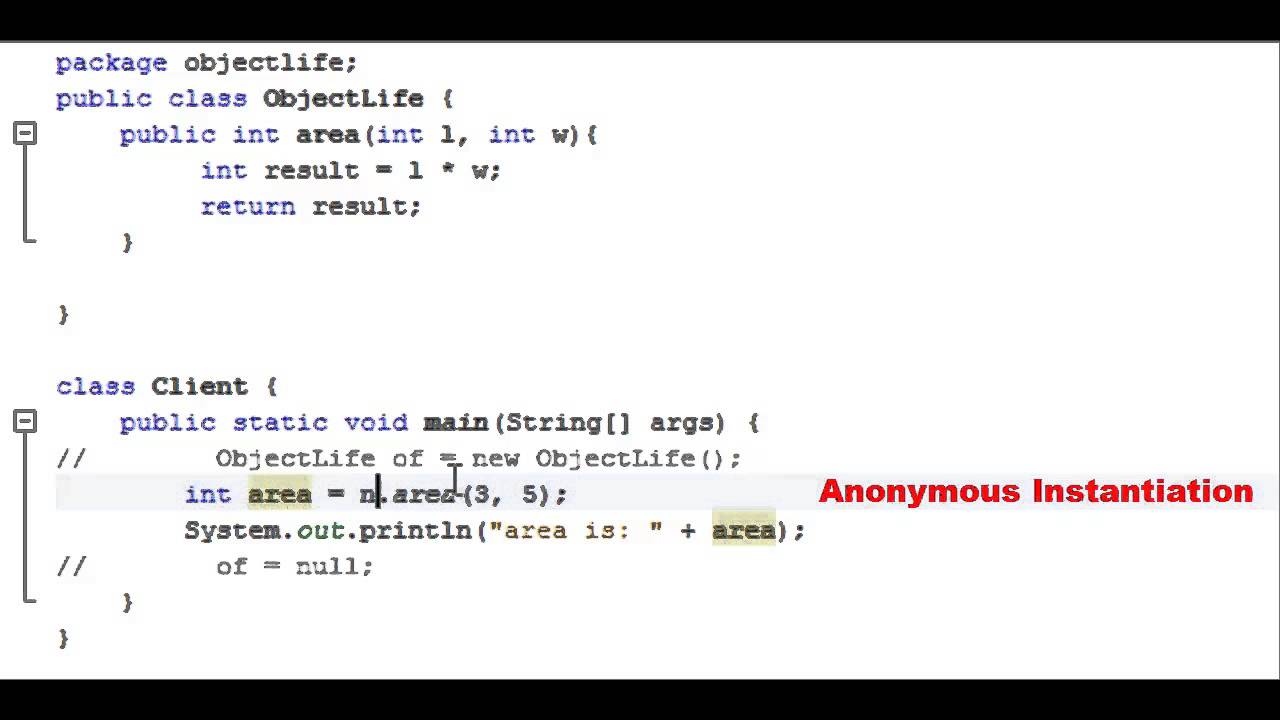
In Java, you can call the main method using an instance of a class that contains the main method. This is done by creating an instance of the class and then calling the main method on that instance.
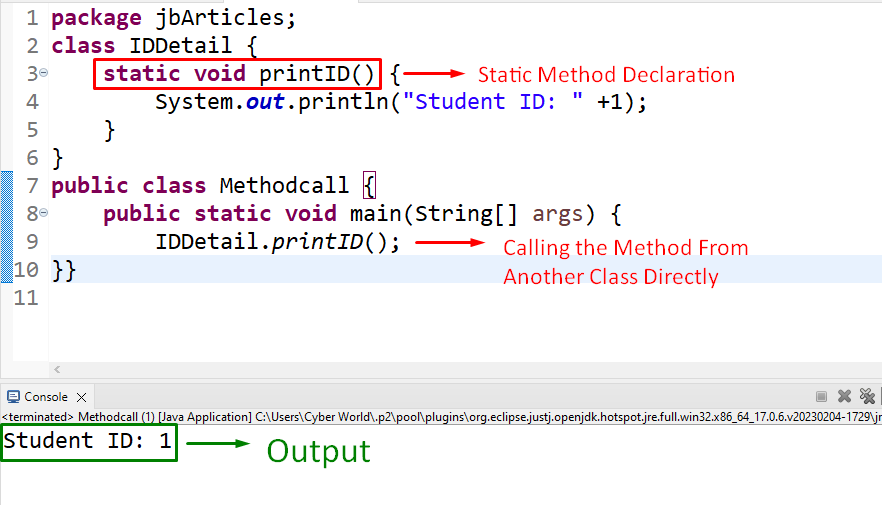
Here's an example:
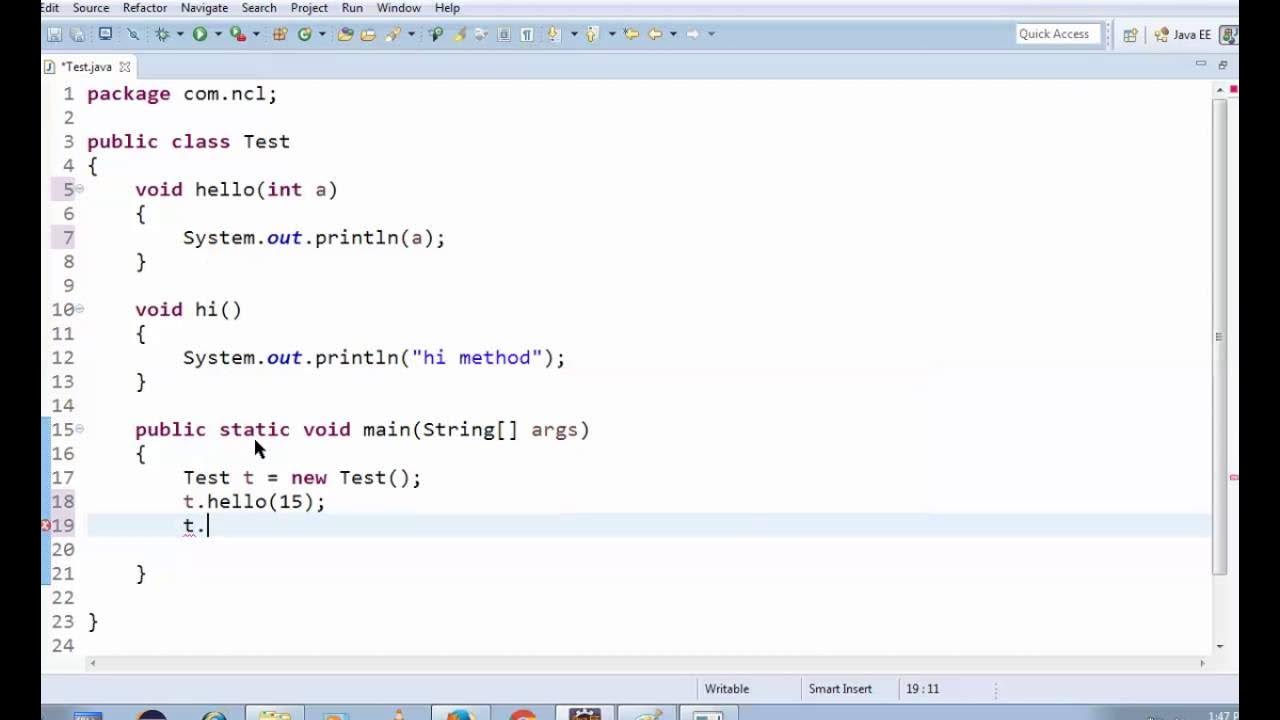
public class MyClass {
public static void main(String[] args) {
System.out.println("Hello from MyClass");
}
}
In this example, we have a simple Java class named MyClass with a main method. To call the main method using an instance of this class, you would do something like:
public class MainMethodCaller {
public static void main(String[] args) {
MyClass myInstance = new MyClass();
myInstance.main(args);
}
}
In this example, we create a new instance of the MyClass class and then call the main method on that instance. The main method is called with the same args array as the original main method.
You can also use reflection to achieve this:
import java.lang.reflect.Method;
public class MainMethodCaller {
public static void main(String[] args) {
MyClass myInstance = new MyClass();
Method method = MyClass.class.getMethod("main", String[].class);
method.invoke(myInstance, (Object[])args);
}
}
In this example, we use reflection to get the main method of the MyClass class and then invoke it with an instance of that class. The args array is passed as an argument to the main method.
It's worth noting that calling the main method using an instance of a class can be useful in certain situations, such as when you want to simulate the behavior of the main method without actually running it, or when you need to call the main method from within another Java program. However, in most cases, you will not need to do this and can simply run the program by executing the main method directly.
It's also worth noting that calling the main method using an instance of a class can be confusing, so it's usually better to avoid doing this and instead focus on writing good, modular code that doesn't require you to call the main method in this way.
